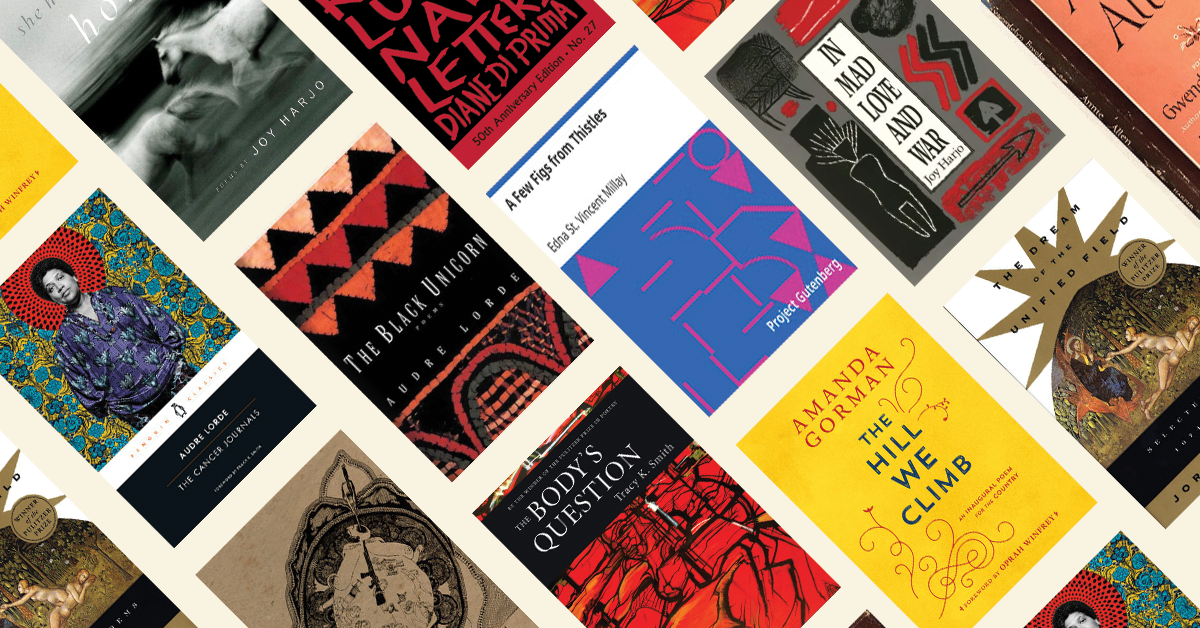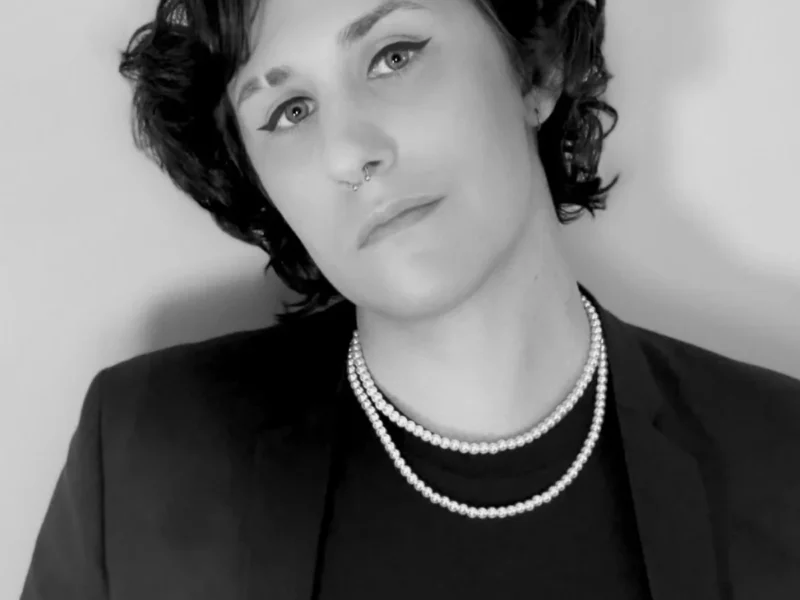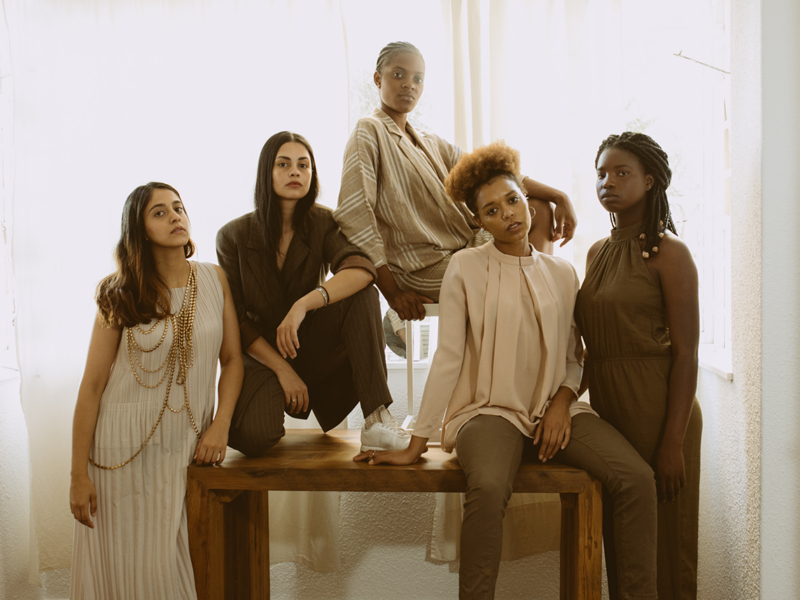Celebrating Women in Poetry: A Journey Through Decades
March marks Women’s History Month, a time to honor the contributions and achievements of women throughout history. For centuries, poetry has been a medium through which many women have expressed their experiences, emotions, and perspectives. As we celebrate Women’s History Month, let’s take a journey through the decades, highlighting the voices of female poets who have left an indelible mark on the world of poetry.
1920s: Edna St. Vincent Millay
Stepping into the Roaring Twenties, we encounter the works of Edna St. Vincent Millay. Known for her lyrical poetry and feminist themes, Millay’s collection A Few Figs from Thistles captured the era’s spirit with its exploration of love, desire, and independence.
1930s: Gwendolyn Brooks
Amidst the Great Depression, we find the poignant verses of Gwendolyn Brooks. Brooks began publishing poetry in Chicago, after her family moved there during the Great Migrations. In 1950, Brooks became the first African American woman to win the Pulitzer Prize for Poetry for her 1949 collection Annie Allen, which delves into the complexities of African American womanhood and urban life.
1940s: Ruth Weiss
After joining the Beat scene in 1948, Ruth Weiss emerged as a trailblazing voice in the Beat poetry movement. Weiss fearlessly tackled taboo subjects, challenging societal norms and inspiring a new wave of female poets. Her bold approach left an enduring mark on poetry, embodying the spirit of rebellion and creative expression that continues to resonate with women writers today.
1950s: Diane di Prima
As the beat generation emerged, so did the voice of Diane di Prima. As a prolific writer and activist, di Prima’s poetry challenged societal norms and advocated social justice. Her later collection Revolutionary Letters reflects her commitment to feminism, anarchism, and the counterculture movement of the 1960s.
1960s: Adrienne Rich
Amid cultural upheaval, we encounter the revolutionary verses of Adrienne Rich. Rich’s poetry, particularly in works like Diving into the Wreck, explored themes of identity, politics, and the struggle for women’s rights, making her a leading voice of second-wave feminism.
1970s: Audre Lorde
As feminism gained momentum, so did the poetry of Audre Lorde. Lorde’s writings, including The Black Unicorn and The Cancer Journals, addressed issues of race, sexuality, and activism, paving the way for intersectional feminism and inspiring generations of marginalized voices.
1980s: Joy Harjo
Entering the era of globalization, we find the transcultural poetry of Joy Harjo. As a member of the Muscogee Creek Nation, Harjo’s works, such as She Had Some Horses and In Mad Love and War, blend indigenous spirituality with contemporary experiences, offering a powerful perspective on identity and heritage.
1990s: Jorie Graham
As the world entered the digital age, the poetry of Jorie Graham captivated audiences with its intellectual rigor and emotional depth. Graham’s exploration of language and consciousness in works like The Dream of the Unified Field earned her widespread acclaim and a Pulitzer Prize in 1996.
2000s: Tracy K. Smith
As we transition into the 21st century, we encounter the vibrant poetry of Tracy K. Smith. With her debut collection The Body’s Question, which won the Cave Canem Poetry Prize in 2002, Smith captivated readers with her lyrical exploration of identity, race, and the complexities of human experience. Smith’s poetry reflects a profound sensitivity to the human condition, inviting readers to contemplate the mysteries of existence with compassion and grace.
2010s: Warsan Shire
In the age of social media, the poetry of Warsan Shire found resonance with audiences worldwide. Known for her visceral and unapologetic verses on themes of immigration, displacement, and womanhood, Shire’s work, including Teaching My Mother How to Give Birth, has been celebrated for its raw honesty and lyrical beauty.
2020s: Amanda Gorman
As we arrive in the present day, the landscape of poetry continues to evolve with the emergence of voices like Amanda Gorman. Gorman’s electrifying recitation of “The Hill We Climb” at the 2021 presidential inauguration thrust her into the spotlight, inspiring millions with her vision of hope, unity, and justice.
In celebrating Women’s History Month, let us honor these trailblazing poets and the countless others who have used their words to challenge, inspire, and reshape the world around them. Their voices remind us of the enduring power of poetry to illuminate the human experience and ignite change.
Check out this article to find even more amazing ways to celebrate women’s history month!




